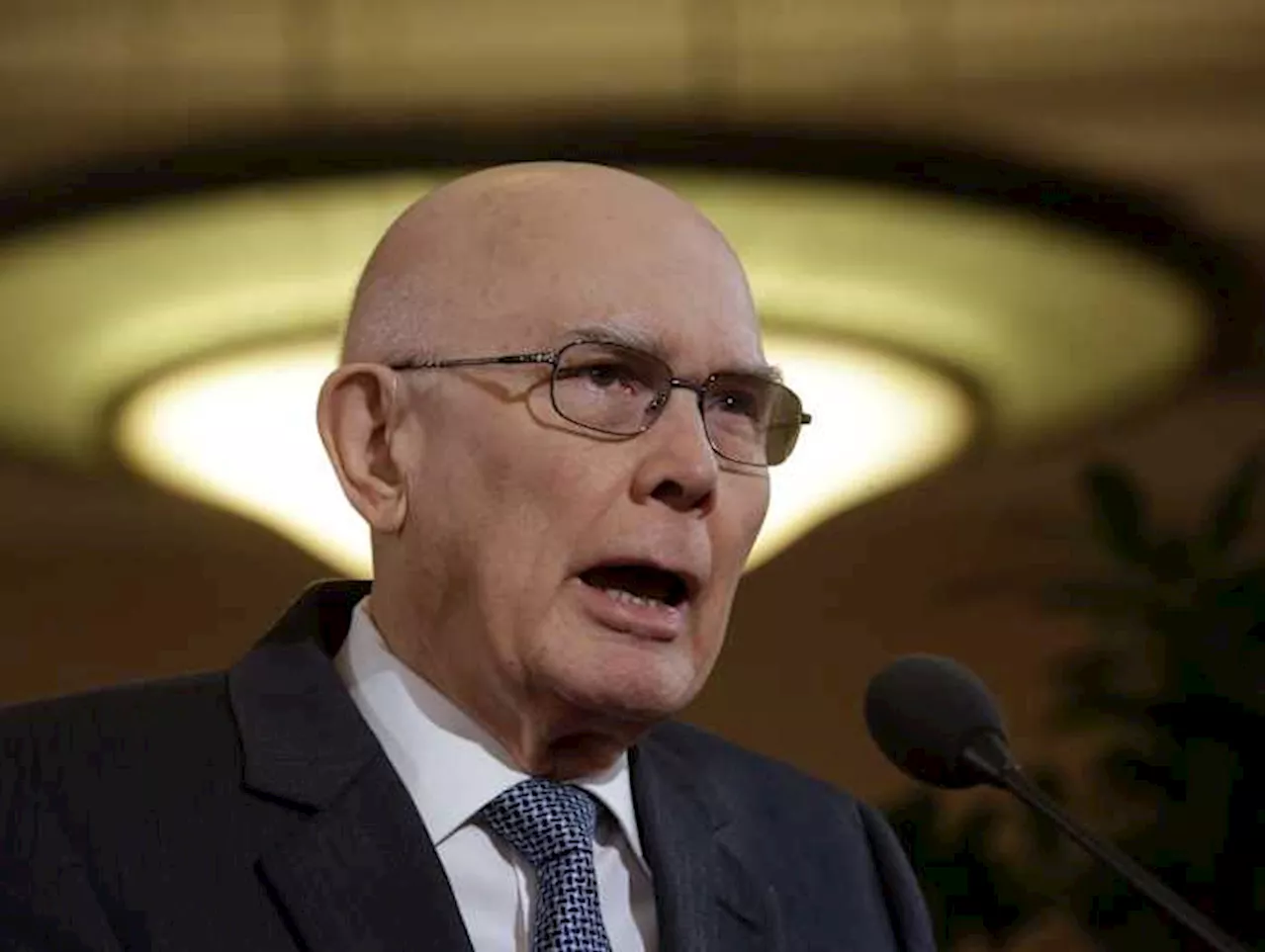Politics
Justice Kavanaugh’s Questions Raise Concerns Over Voting Rights

The future of voting rights in the United States may hinge on the Supreme Court’s upcoming decisions, particularly influenced by Justice Brett Kavanaugh. During a significant hearing on March 6, 2024, Kavanaugh questioned whether the consideration of race in voting rights remedies should have a time limit. This inquiry has sparked serious discussions about the potential erosion of protections established under the landmark Voting Rights Act.
The hearing centered around a case involving Louisiana’s congressional map. Specifically, the court examined whether the state’s creation of a second majority-minority congressional district violates constitutional amendments that guarantee equal protection and prohibit racial discrimination in voting. Kavanaugh’s line of questioning raised alarms among civil rights advocates regarding the court’s trajectory.
In her testimony, Janai Nelson, a lawyer representing the NAACP Legal Defense and Educational Fund, argued against imposing a time limit on race-based remedies. She emphasized that Section 2 of the Voting Rights Act does not necessarily require such remedies to be time-bound. Section 2 is crucial in prohibiting racially discriminatory voting practices, particularly in the wake of the Supreme Court’s 2013 decision that weakened another provision of the Act.
Kavanaugh’s concerns echo a similar argument he made in a previous case from Alabama in 2023, where he suggested that the authority for race-based redistricting should not extend indefinitely. His comments during the recent hearing hinted at a growing majority within the court that may favor a “colorblind” interpretation of the Constitution, reminiscent of decisions made in 2023 that curtailed affirmative action.
The implications of the Louisiana case are considerable. If the court rules in favor of Louisiana, it could significantly diminish the effectiveness of Section 2, potentially reshaping the electoral landscape in favor of Republican candidates. Kavanaugh’s questions implied a desire among some justices to move away from race-based considerations, raising concerns that such a stance could overlook the ongoing realities of racial discrimination in voting.
Justice Elena Kagan countered Kavanaugh’s perspective during the hearing, highlighting that Section 2 lawsuits address current voting conditions and whether they demonstrate vote dilution. Kagan emphasized that established precedents support the necessity of race-based remedies when discriminatory practices are proven in court. Her remarks underscored the tension between the court’s evolving interpretation of voting rights and the historical context that necessitated such protections.
The potential narrowing of Section 2 could have “catastrophic” consequences, as Nelson warned, suggesting that further limitations might render the 15th Amendment a “mere parchment promise.” The court’s direction will be closely watched, as its decision could resonate far beyond Louisiana, affecting voting rights across the nation.
As deliberations continue, the Supreme Court’s stance on voting rights will reflect broader societal attitudes toward race and equality in the electoral process. The upcoming ruling could serve as a significant turning point that either reinforces or undermines the hard-won gains of the civil rights movement.
-

 Science1 month ago
Science1 month agoUniversity of Hawaiʻi Leads $25M AI Project to Monitor Natural Disasters
-

 Science2 months ago
Science2 months agoInterstellar Object 3I/ATLAS Emits Unique Metal Alloy, Says Scientist
-

 Science2 months ago
Science2 months agoResearchers Achieve Fastest Genome Sequencing in Under Four Hours
-

 Business2 months ago
Business2 months agoIconic Sand Dollar Social Club Listed for $3 Million in Folly Beach
-

 Politics2 months ago
Politics2 months agoAfghan Refugee Detained by ICE After Asylum Hearing in New York
-

 Business2 months ago
Business2 months agoMcEwen Inc. Secures Tartan Lake Gold Mine Through Acquisition
-

 Health2 months ago
Health2 months agoPeptilogics Secures $78 Million to Combat Prosthetic Joint Infections
-

 Lifestyle2 months ago
Lifestyle2 months agoJump for Good: San Clemente Pier Fundraiser Allows Legal Leaps
-

 Science2 months ago
Science2 months agoMars Observed: Detailed Imaging Reveals Dust Avalanche Dynamics
-

 Health2 months ago
Health2 months agoResearcher Uncovers Zika Virus Pathway to Placenta Using Nanotubes
-

 Entertainment2 months ago
Entertainment2 months agoJennifer Lopez Addresses A-Rod Split in Candid Interview
-

 World2 months ago
World2 months agoUS Passport Ranks Drop Out of Top 10 for First Time Ever








